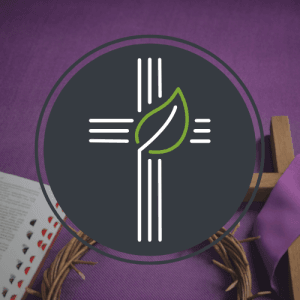A Contemplation of David
“Contemplation: A deep reflective thought.”
Blessed is he whose transgression is forgiven, whose sin is covered. Blessed is the man to whom the Lord does not impute iniquity, and in whose spirit there is no deceit.
(Psalm 32:1-2 NKJV)
In my experience of walking with the Lord, I have had many moments of contemplation. Lent is a time for such contemplations. To do so, I must have quiet. In that quiet place, my subconscious and conscious mind merge, seemingly into a one thought process. It is in those times that I find the Holy Spirit speaking deeply into my heart—times of confession, reflection, correction, and times of hearing and knowing the will of God.
The greatest of these times of contemplation are in reflecting on my life in Christ Jesus. It is a searching of my spirit in honesty—a humbling and yet uplifting time—for I desire to please Him. Micah 6:8 is a summary of God’s expectations, of what I as a Christian should be:
He has shown you, O mortal, what is good. And what does the Lord require of you? To act justly and to love mercy and to walk humbly with your God.”
In this Psalm of David, you hear his heart cry as he seeks forgiveness. Only then do we hear the outflow of joy as he finds, in God’s forgiveness, a sweet release. David’s deep, reflective thought of contemplation and grief over sin made him aware of his great need for forgiveness. For you see, whether there is deep sin in your life or the sin that some discount as human error, both are sins that seek to self-justify behaviors.
I encourage you to dare to find that quiet place before God and to contemplate your words and behaviors. It is humbling but in the end it is joyful, as you purge your words and thoughts and weigh your behavior before a forgiving God.
Spiritual growth begins or is renewed in this joy of forgiven sins.
Author: Norma Lee Hyde
Other Lenten readings for today:
- Joshua 4:1-13
- 2 Corinthians 4:16-5:5

 Give
Give